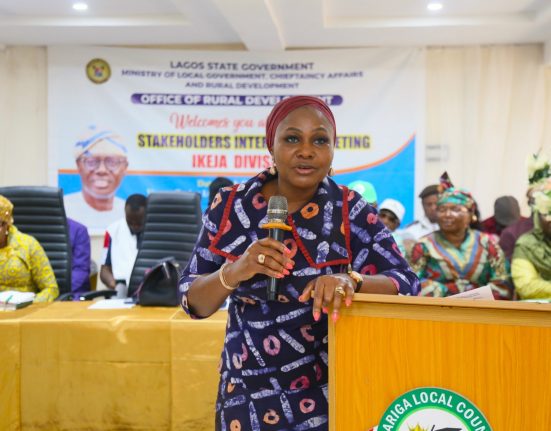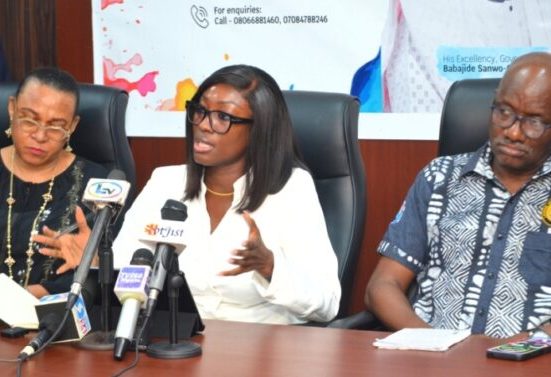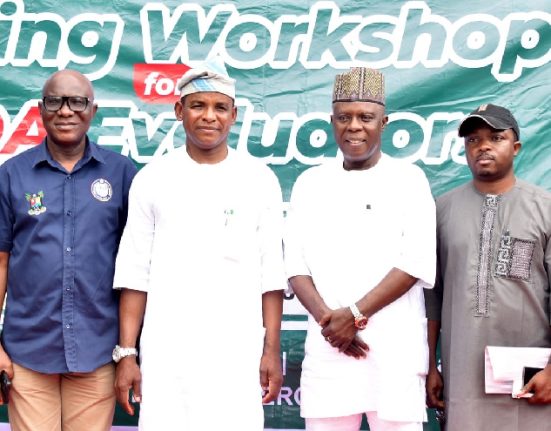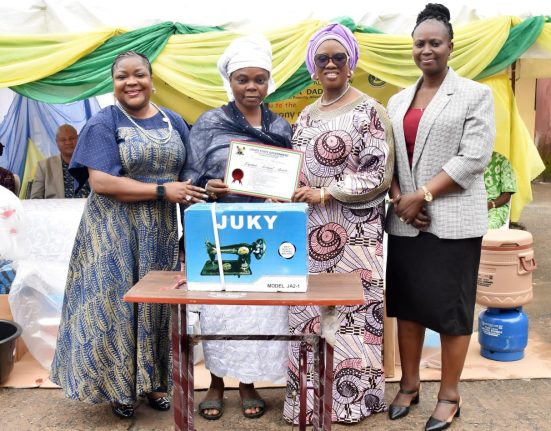Lagos, July 2, 2025 — The Lagos State Government has commenced immediate enforcement of its ban on specific categories of single-use plastics as part of a broader strategy to combat environmental pollution and promote sustainability across the state.
Announcing the enforcement on Tuesday, the Lagos State Commissioner for the Environment and Water Resources, Tokunbo Wahab, stated that the decision was reached following the expiration of the grace period earlier granted to manufacturers, retailers, and consumers to transition away from harmful plastic products.
According to Wahab, the categories of single-use plastics affected by the ban include plastic straws, disposable cutlery, polystyrene packs (commonly used for food packaging), and plastic carrier bags under 30 microns in thickness. The Commissioner emphasized that enforcement teams from the Lagos State Environmental Protection Agency (LASEPA) and other relevant regulatory bodies have been mobilized to ensure compliance across markets, restaurants, retail outlets, and other public spaces.
“This is not just about regulation—it is about protecting public health, safeguarding our environment, and ensuring a liveable future for all Lagosians. The unchecked use of single-use plastics has overwhelmed our drainage systems, contributed to flooding, endangered marine life, and created health hazards. This enforcement drive marks a new chapter in our collective responsibility to keep Lagos clean and sustainable,” Wahab said.
He added that violators would face stiff penalties, including fines, seizure of non-compliant materials, and possible closure of establishments flouting the directive. The government, he noted, is also engaging manufacturers and distributors to explore sustainable packaging alternatives that align with global best practices.
In collaboration with private sector partners and civil society organisations, the Lagos State Government has also initiated a statewide sensitization campaign aimed at educating residents about the dangers of single-use plastics and the importance of eco-friendly living.
Environmental experts have welcomed the enforcement move, stating that it represents a necessary shift toward responsible consumption and waste management. Many called for consistency in implementation and the inclusion of recycling incentives for businesses and households.
The new enforcement regime forms part of the state’s climate action policy and its commitment to achieving the Sustainable Development Goals (SDGs), particularly those related to environmental sustainability and responsible production and consumption.
With Lagos being Nigeria’s most populous and industrially active state, the move is expected to set a precedent for other states looking to tackle plastic pollution through decisive policy actions.







